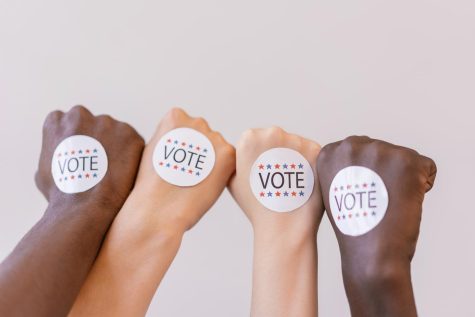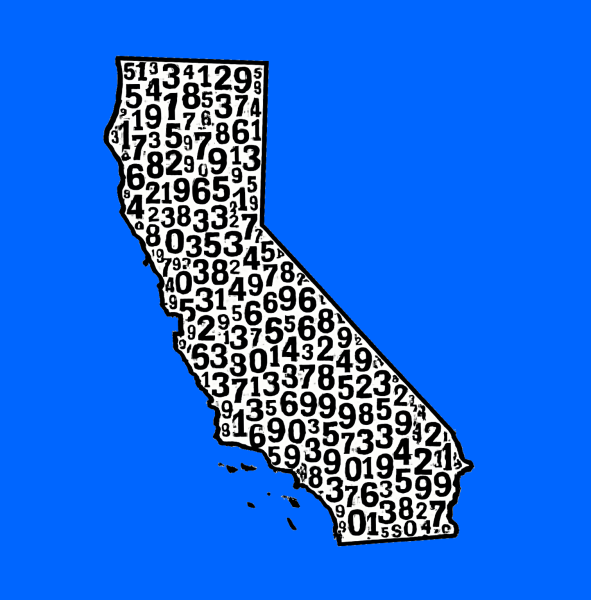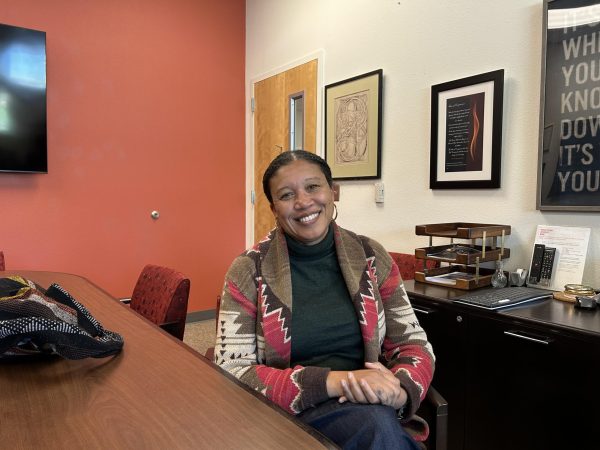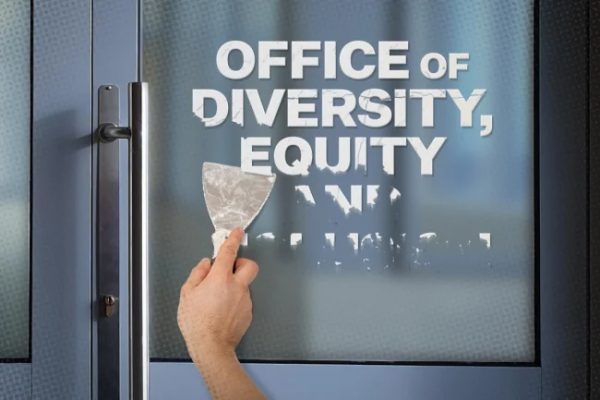Hopes and doubts from youth voters
With the last few states’ election results having been certified, the 2022 midterms are now in the rearview mirror for most. However, those in the field of political punditry have not finished analyzing the takeaways from a rather surprising election season.
One of the most glaring results was the absence of the “red wave” touted all summer as an inevitable outcome of the midterms. With President Joe Biden sinking into the dregs of approval rating, the economy in flux and a supposedly energized Republican base, it was not hard to see blood on the wall for the Democratic party.
“The current winds are blowing more Republican in this poll than Democratic,” said Lee Miringoff, director of the Marist Institute for Public Opinion, to PBS. “The Republican electorate is more, showing greater interest at this point than the Democratic electorate is.”
However, no red wave occurred, and looking at the scope of the election results, it was a historically great midterm for the incumbent party. Republicans gained control of the House of Representatives, yes, but they failed to capture the Senate, and the Democrats even picked up one more seat in the upper house than they had before voting season ensued.
So what happened? Why did the Republicans, who had so much hope before the midterms, fail to seize their opportunity? The answer, like all aspects of politics, is nuanced, but most analysts and politicians agree that young voters were pivotal in deciding this outcome.
According to data released by the Center for Information and Research on Civic Learning and Engagement (CIRCLE) at Tufts University, 27 percent of voters between the age of 18 and 29 cast a ballot. This made the 2022 election the second-highest turnout among youth in the past three decades. Data from CIRCLE and AP VoteCast also showed young people broke for the Democrats by over 20 percentage points.
Those elements worked in tandem to create a stalwart base of voters as well as a surge of new votes that allowed the Democrats to weather the storm usually associated with a midterm election and effectively kill any momentum Republicans had.
 Many young voters were energized to get to the polls over the Supreme Court’s summer decision that effectively eliminated abortion protections at the national level, while others, especially those strongly in the Democratic camp, had the fate and condition of democracy as their top concern.
Many young voters were energized to get to the polls over the Supreme Court’s summer decision that effectively eliminated abortion protections at the national level, while others, especially those strongly in the Democratic camp, had the fate and condition of democracy as their top concern.
Not everyone among the youth felt so strongly about their vote; in fact, while some referenced concerns over democracy as their reason for casting a vote, others found it as the opposite of motivation.
“I feel like it’s really skewed; it’s never neutral so nothing gets done,” said Grossmont Community College Student Joswe Chavez.Chavez voted in his first election back in the 2018 midterms, but since then he has chosen not to participate, citing his frustrations with the polarized environment of politics. He expressed feeling forced to choose between two extremes that ultimately find no compromise and no progress together, and he is not alone in this feeling either.
A national poll released by the Institute of Politics at Harvard Kennedy School back in April found that 56 percent of respondents 18 to 29 years old, the same voting block that showed up big for the Democrats, agreed that “politics today are no longer able to meet the challenges our country is facing.”
Another Grossmont student, Davyn Siev, echoed sentiments similar to those respondents referring to the current political climate as a toxic environment worth avoiding. He expressed he will still cast a vote when he feels the impact of an election affects him directly, but otherwise chooses to avoid getting himself involved.
As much as it is clear the Democratic party has decisively won over the youth in recent elections, that support can only last so much as the voting block remains confident in who and what they are voting for. Neglecting the growing concerns and frustrations young voters have with the current political system could lead to their enthusiasm shifting sides or becoming completely disillusioned.
Your donation will support the student journalists of Grossmont College. Your contribution will allow us to purchase equipment and cover our annual website hosting costs.

Editor-in-chief of The Summit and journalism major with a passion for all things related to sports, politics and the natural world. Looking forward to...






